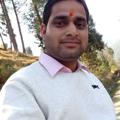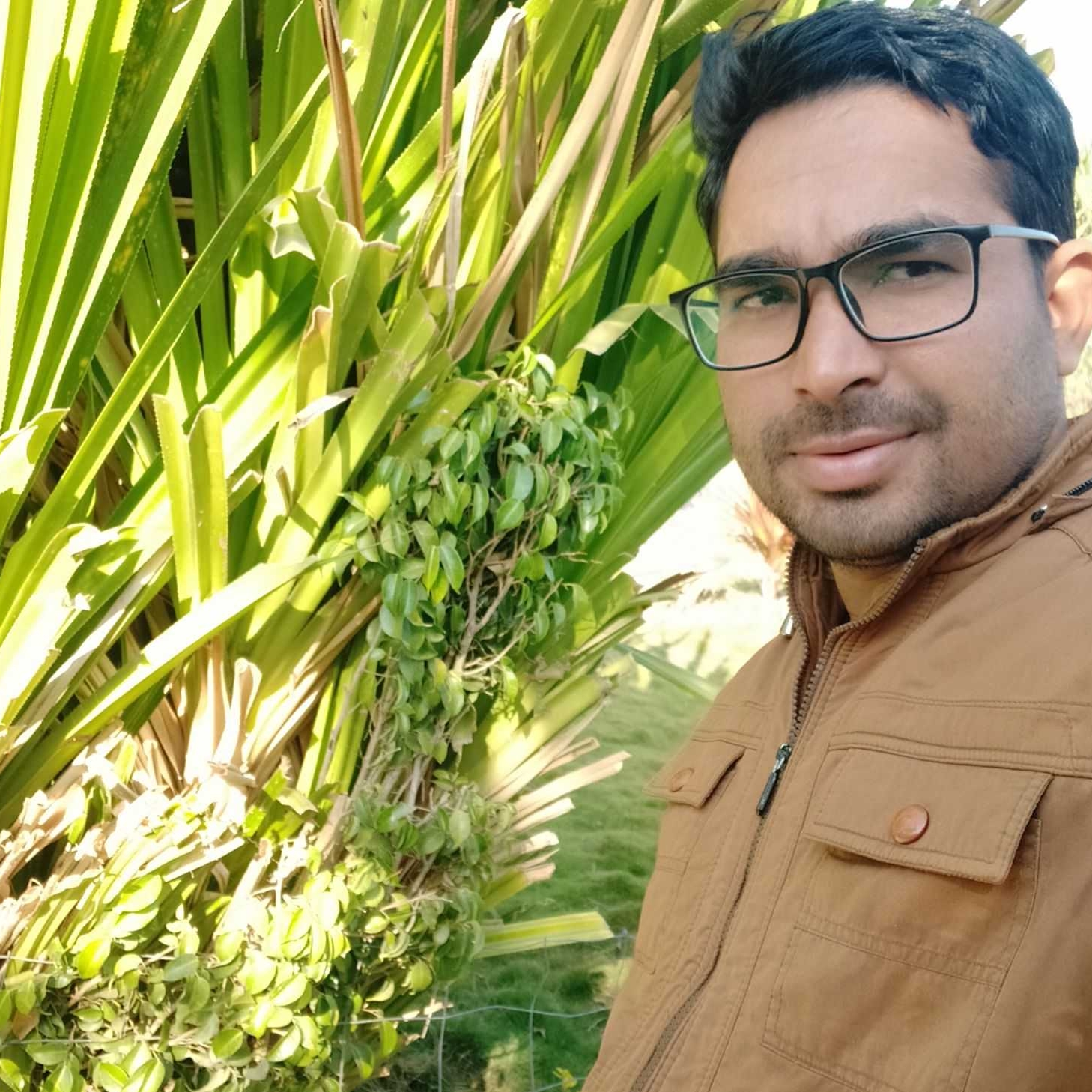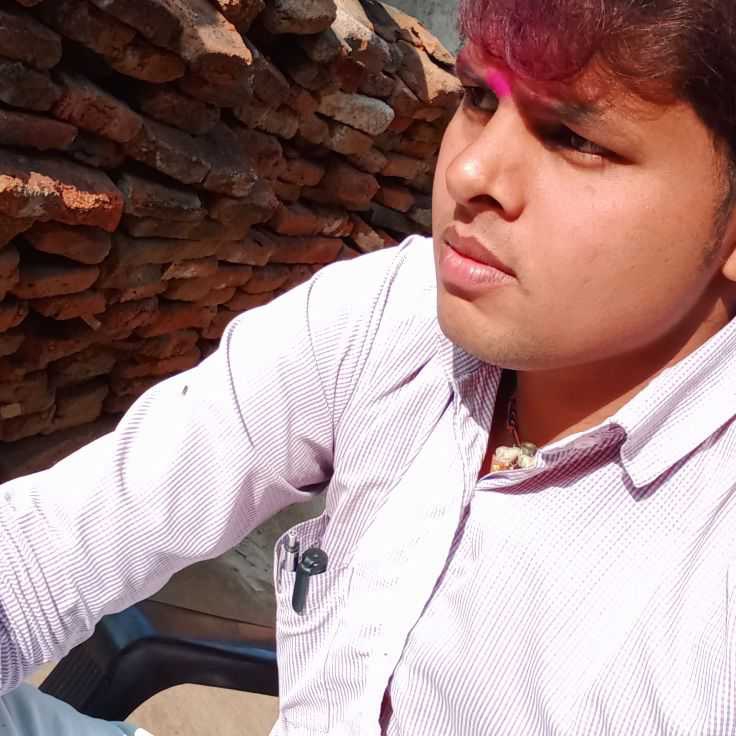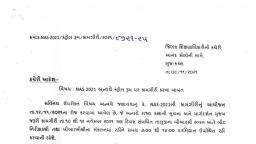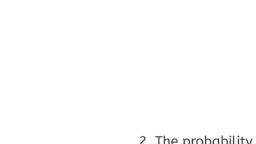Question 1 :
If the odd in favour of an event are $4$ to $7$, find the probability of its no occurence.
Question 3 :
The probability of an event $A$ lies between $0$ and $1$, both inclusive. Which mathematical expression best describes this statement?<br/>
Question 4 :
A pair of dice is thrown. Find the probability of getting a sum of $8$ or getting an even number on both the dices.
Question 5 :
A bulb is taken out at random from a box of 600 electricbulbs that contains 12 defective bulbs. Then theprobability of a non-defective bulb is
Question 7 :
The probability of an event happening and the probability of the same event not happening (or the complement) must be a <br/>
Question 8 :
Two dice are thrown. Find the odds in favour of getting the sum $4$.<br/>
Question 9 :
A fair dice has faces numbered $0, 1, 7, 3, 5$ and $9$. If it is thrown, the probability of getting an odd number is
Question 11 :
If the probability of the occurrence of an event is P then what is the probability that the event doesn't occur.
Question 12 :
Out of the digits $1$ to $9$, two are selected at random and one is found to be $2$, the probability that their sum is odd is
Question 13 :
A die is thrown .The probability that the number comes up even is ______ .
Question 14 :
If $P(A) = \dfrac{5}{9}$, then the odds against the event $A$ is
Question 15 :
Vineeta said that probability of impossible events is $1$. Dhanalakshmi said that probability of sure events is $0$ and Sireesha said that the probability of any event lies between $0$ and $1$.<br>in the above, with whom will you agree?
Question 17 :
According to the property of probability, $P(\phi) = 0$ is used for <br>
Question 18 :
A game of chance consists of spinning an arrow which is equally likely to come to rest pointing to one of the number between 1 to 15. What is the probability that it will point to an odd number.
Question 19 :
What is the maximum value of the probability of an event?
Question 20 :
Ticket numbered 1 to 20 are mixed up and then a ticket is drawn at random. What is the probability that the ticket drawn has a number which is a multiple of 3 or 5 ?
Question 21 :
One of the two events must occur. If the chance of one is$\displaystyle \frac{2}{3}$ of the other, then odds in favour of the other are
Question 22 :
If $A$ and $B$ are independent events such that $P\left( A \right) =\dfrac { 1 }{ 5 }$, $P\left( A\cup B \right) =\dfrac { 7 }{ 10 }$, then what is $P\left( \bar { B } \right) $ equal to?
Question 23 :
A coin tossed $100$ times. The no. of times head comes up is $54$.What is the probability of head coming up?
Question 24 :
$A$ speaks truth in $70\%$ cases and $B$ in $80\%$ cases. In what percentage of cases they are likely to contradict each other in giving the same statement.
Question 25 :
The odds in favour of getting atleast one time an even prime when a fair die is tossed three times is
Question 26 :
The probability that an electronic device produced by a company does not function properly is equal to $0.1$. If $10$ devices are bought, then the probability, to the nearest thousandth, than $7$ devices function properly is
Question 27 :
In a set of games it is $3$ to $5$ in favour of the winner of the previous game.. Then the probability that a person who has won the first game shall win at least $2$ out of the next $5$ games is ?
Question 28 :
Each of a and b can take values 1 or 2 with equal probability. The probability that the equation $ax^2 + bx + 1 = 0$ hasreal roots, is equal to
Question 29 :
The chance of an event happening is the square of the chance, of a second event but the odds against the first are the cubes of the odds against thefirst are the cubes of the odds against the second. Find the chance of each.
Question 30 :
There are only three events $A,B,C$ one of which must and only one can happen; the odds are $8$ to $3$ against $A,5$ to $2$ against $B$; find the odds against $C$



